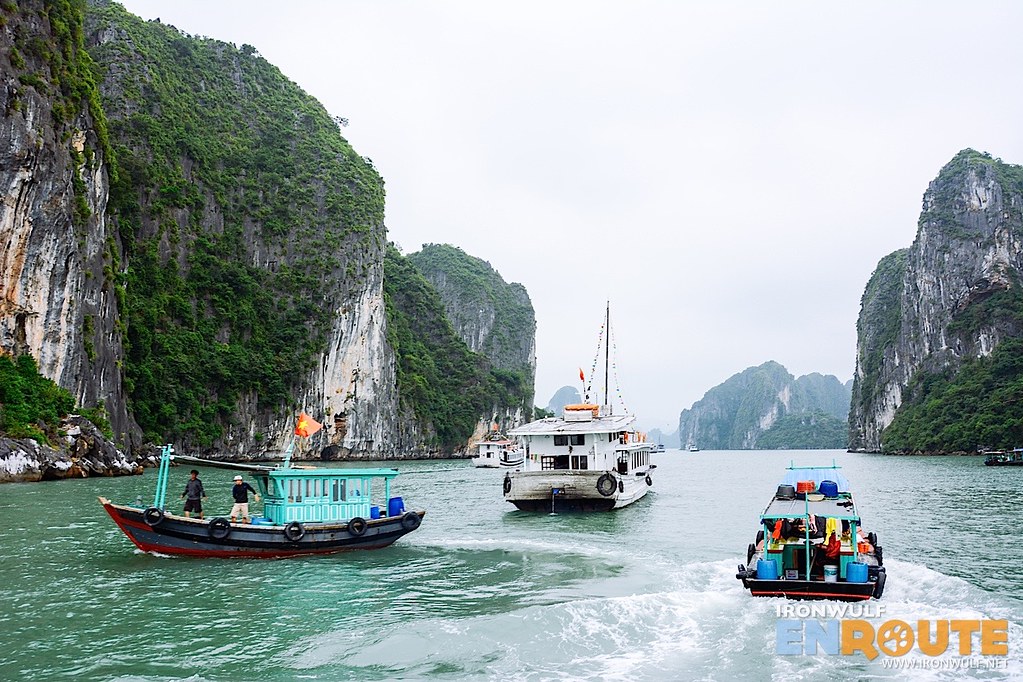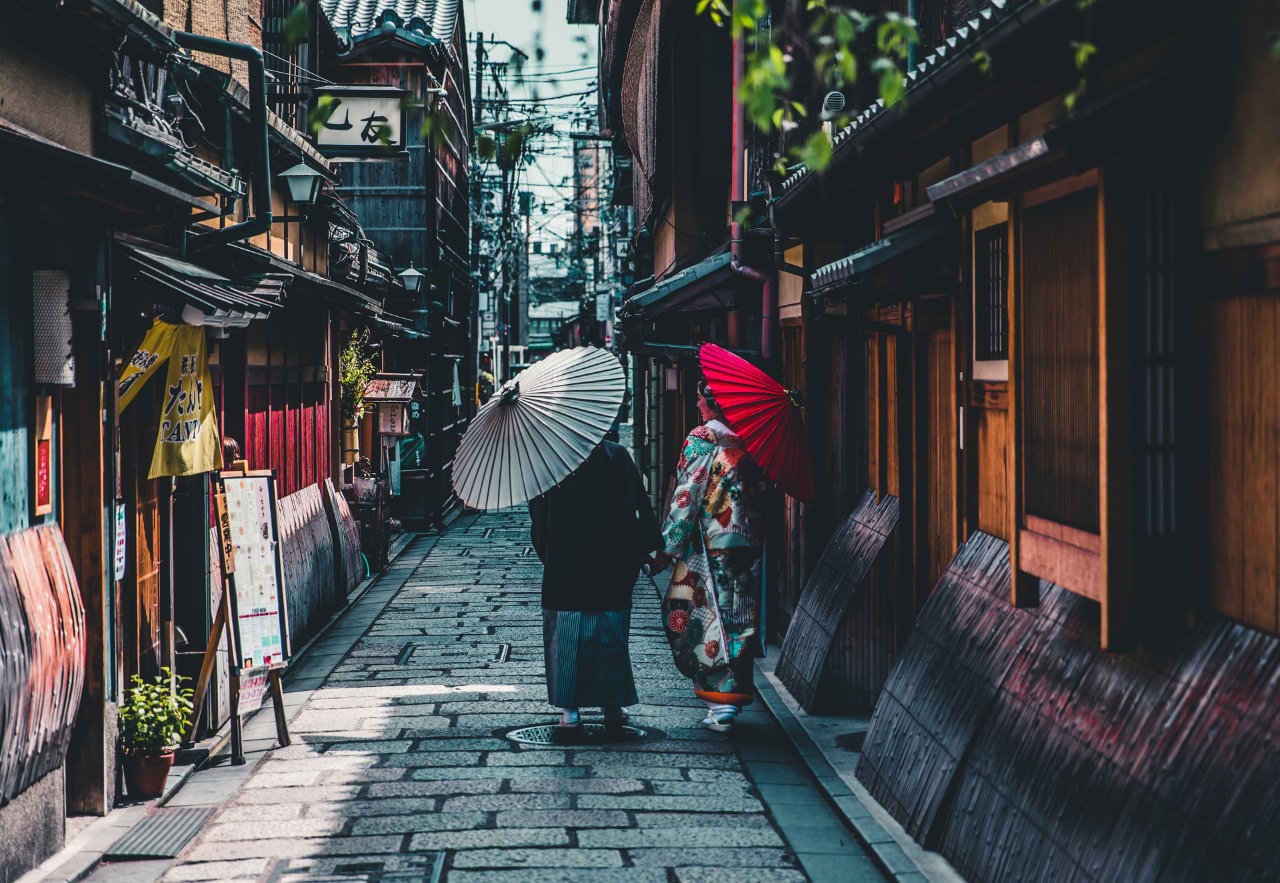Asia has a number of interesting destinations that are worth a visit, so if you love traveling, Asia should definitely be on your bucket list. Asia is an amalgamation of a multitude of cultures, traditions, people, and places.
Any place you visit in Asia will leave you mesmerized. That being said, like for any other trip, one to Asia requires a lot of planning and preparation. With so many wonderful countries and places to visit, you need to have a game plan to make sure you make the best out of your time there. From documentation to transport, the tips we have for you will make sure you’re ready for a fantastic trip to Asia.
1. Health
The first and foremost aspect you should take care of is your health. You surely don’t want to get sick during a much-anticipated vacation to Asia, but there’s more to it. For instance, there are specific vaccinations you must take before visiting countries in Asia. Different countries have different vaccination policies, so it is necessary you abide by them both for your well-being and to maintain herd immunity. You’ll either be informed about health policies during your visa processing and you will have to visit a health care center at least 5 months prior to get a health check-up.
Certain vaccinations will require multiple doses to be taken over a course of time, so it’s advised to plan ahead. General vaccinations you should have taken before the trip include Hepatitis A, Hepatitis B, Typhoid, Diphtheria, Tetanus, and Polio. You should also have a general idea about the health care system of the country you’re visiting. It shouldn’t happen that in unforeseen circumstances you’re flailing around to find the appropriate help.
Be sure to research what medication you’re allowed to take to the country and which ones are prohibited. For instance, some countries in Asia have not legalized the use of medical Cannabis. So, if you’re using CBD-based medication then you’ll have to find temporary alternatives or request special permits. If your health is in good condition, you’ll be able to have a fun time without unnecessary stress on your mind.
2. Budgeting
The expenses of vacationing can vary based on your level of planning and budgeting. No matter how much you’re willing to spend on your vacation to Asia, mapping your expenses beforehand is always a good idea. Traveling to Asia can be as cheap or as expensive as you want it to be, so regardless of what your budget is you’re bound to have a good time. Take into consideration flight, hotel, transportation, and food expenses.
You should also keep some cash on hand to avoid being stuck in situations where you don’t have the means to pay for something; for instance in remote areas where you can’t use credit/ debit cards. Add to your budget a bit of safety money because you never know when the extra cash might be useful. Depending on where you will be visiting during your trip to Asia, the expenses can vary. On one hand, there are very cheap destinations, and on the other, places like Tokyo, Hong Kong, Singapore, and Seoul are high-priced.
If you’re on a tight budget but still want to visit a more expensive location, we suggest you stay in the area’s neighboring regions. This way you can commute to the area and experience the fun of the place while also saving on hotel expenses.
3. Currency and Documentation
In general, when you’re traveling to a foreign country you should look into the logistics of currency conversion and check whether your nation’s currency is accepted in the visiting region. Exchange rates can vary drastically based on who and where you’re buying the currency from. The golden rule is to buy foreign currency in Asia to reduce exchange rates. These rates also come into play when using your credit/ debit card, so be sure to check on those before you go splurging.
Another very important aspect of traveling is keeping track of documentation processes. Depending on where you’re traveling from, you may or may not require a visa. For certain countries such as Vietnam and China, you will most likely need a visa, for which you must have a valid passport. Do check on the visa requirements before making any plans to visit Asia.

4. Places to Visit
Asia is massive, with many countries and tourist places to visit. Each place has something different to offer and each experience will be unique. So, if you’re planning a trip to Asia, you should have an idea of what you’re looking for.
If you want to experience what it feels like to enter magnificent temples and admire ancient architecture, then Myanmar and Cambodia are the places to go. If it’s mouth-watering food, a taste of local cuisine, and swimming in crystal clear waters that you’re after, then you should head straight to Thailand! Want to explore the rich heritage, diverse cultures, and famous landmarks? Then India is your calling. Do you like scenic views and backpacking adventures? Then Malaysia should be your top pick! Must-visit places for modern technology geeks, vivid absorbers of rich history, and music fanatics (shout out to all the K-pop and J-pop fans) are Japan and South Korea. Places that have always been in the center of history are Vietnam and China. And of course, you have to visit Singapore; it’s number one on everybody’s travel wish list!
Once you pick out which places to visit, peruse the internet (blogs, YouTube videos, travel websites, etc.) to get an idea of what your destinations offer and what awaits you there. A bit of research will go a long way.
5. Logistics of Staying in a Foreign Place
The logistics of hotel and flight booking, transportation, dining, etc., can become stressful to deal with if left unattended right until your trip is around the corner. Figuring out the details of your trip is essential for ensuring a hassle-free time, where you won’t be worrying about where to stay the next day. The good thing about traveling to Asia is that in most countries you can make plans at the last minute. So, if you’re spontaneous and like to live in the moment, then Asia is the best place for you to visit.
Unless it’s peak season, you can book hotels and transport services only a few days in advance. Transport options are countless; from cabs and buses to trains and flights; you can choose whichever transport works best for you at the moment. You can also look into booking storage spaces to safely store your personal belongings that can’t be hauled from place to place. An advantage of pre-planning is that you won’t miss out on anything in your itinerary. If you plan in advance, you can book rooms in some of the best hotels in Asia. It’s also advisable to have a hotel room booked for the day you arrive at your destination. Scouting out a hotel to stay in after a long and energy-draining flight isn’t an ideal way to spend your first day in a new country.
6. Food
Trying out the country’s cuisine and exploring its street food is one of the best parts of traveling to a foreign destination. Especially in Asia, where each country has its own distinct cuisine that leaves your taste buds tingling and wanting more. Moreover, some countries have different staple cuisines for each region. For instance, the food you’ll find in South India isn’t the same as that in the North.
If you’re in Asia, you’ll be presented with a wide variety of dishes to choose from. Tourists tend to go for only the most popular dishes that you see everywhere on the Internet. And don’t get us wrong, nothing beats a good old Pad Thai. But until you explore, and experiment, how will you experience the out-of-the-world feeling of indulging in some excellent Khao Soi (a delicious curry noodle dish in Thailand that’s often overlooked by tourists)? So don’t hesitate to try something new.
It is also common knowledge that the best food comes from roadside stalls and local restaurants. The true essence of the country’s food is embedded in its street food. You’ll find everything from popular dishes to lesser-known ones, local favorites, and other hidden treasures! If you primarily follow a plant-based diet, you might find it a bit hard to find vegetarian options in some Asian countries. Another thing to keep in mind is that food in Asia lies on the spicier end of the food spectrum, so if spice isn’t your thing, then look for alternative options that won’t give you explosive diarrhea or a stomach ache.
7. Language
Each country in Asia, and for that matter, each region within an Asian country likely has its own language that is primarily used for communication. So, you might run into a language barrier. While over the years English has somewhat become a universal language, you can’t count on it to be used in every Asian country. In India, for instance, you’ll find that most of the people are fluent in English, however, in countries like Japan and China, the English-speaking population is microscale.
As a visitor, it’s one’s responsibility to learn the visiting country’s native language in their own capacity and respect it. If you’re traveling to a country in Asia, it’s best if you learn common words and phrases in the local language so you won’t find it hard to navigate through situations. And you can always count on Google translate to help you if you’re a bit lost. Some basic phrases include saying pleasantries (hello, thank you, etc.) and asking for directions. Some countries also have dedicated terminology for addressing different people and places, so you should read about that too.
8. Research about the Place, People, and Practices
When you travel to another country as a visitor, it is your responsibility to understand that country’s culture while also respecting and appreciating it. Take your time to learn what social guidelines and expectations you must comply with alongside understanding what unspoken rules must be followed.
A simple instance would be not wearing footwear while entering a temple and showing respect to worshiped figures. Do not do or say anything that can be considered even slightly offensive. Once you understand the people and their culture, you’ll see how they welcome you with open arms and wholeheartedly show you their world.
9. Weather
When you’re planning your dream trip to Asia, something you might miss out on considering, as most others do too, is the weather. Weather conditions can significantly influence your time in an Asian country for either the better or the worse. There are seasons when the Asian tourism industry is at its peak, and that’s for several reasons, one of them being weather conditions.
Most Southeast Asian countries experience heavy rainfall during the monsoon season. Sometimes heavy rain escalates to floods, and you definitely don’t want that to be a part of your trip. Monsoon season also comes with mosquitoes, and mosquitoes are the forerunner of deadly diseases. Another instance is the beautiful Andaman and Nicobar Islands of India, which are paradise on Earth, but if you visit them during summer, you’ll be nothing more than a puddle of sweat. So, taking the weather into consideration isn’t something to be overlooked.
Plan your trip according to the seasons of the country you’re visiting. Tourism sites and local hotspots are generally crowded during peak season, which is usually when the weather is pleasant. But that’s just something you’ll have to adjust to when you’re looking to have an enjoyable and memorable trip. If you’re in your dream destination at the right time, nothing can stop you from having the time of your life!
Traveling to Asia can be one of the most enjoyable experiences you can ever have if you plan it right. While taking a spontaneous trip has its own advantages, planning can never do you any harm.
There are many things you need to know and take into consideration before you think about spending some time in Asia. And while at times all the preparation may seem overwhelming, you need to know that in the end, it’ll all be worth it. So, include our tips in your planning guide to make sure your trip to Asia is the best you’ve ever had!

Yogi wanderer. Solitude searcher. Book worm and chill out music tripper.
